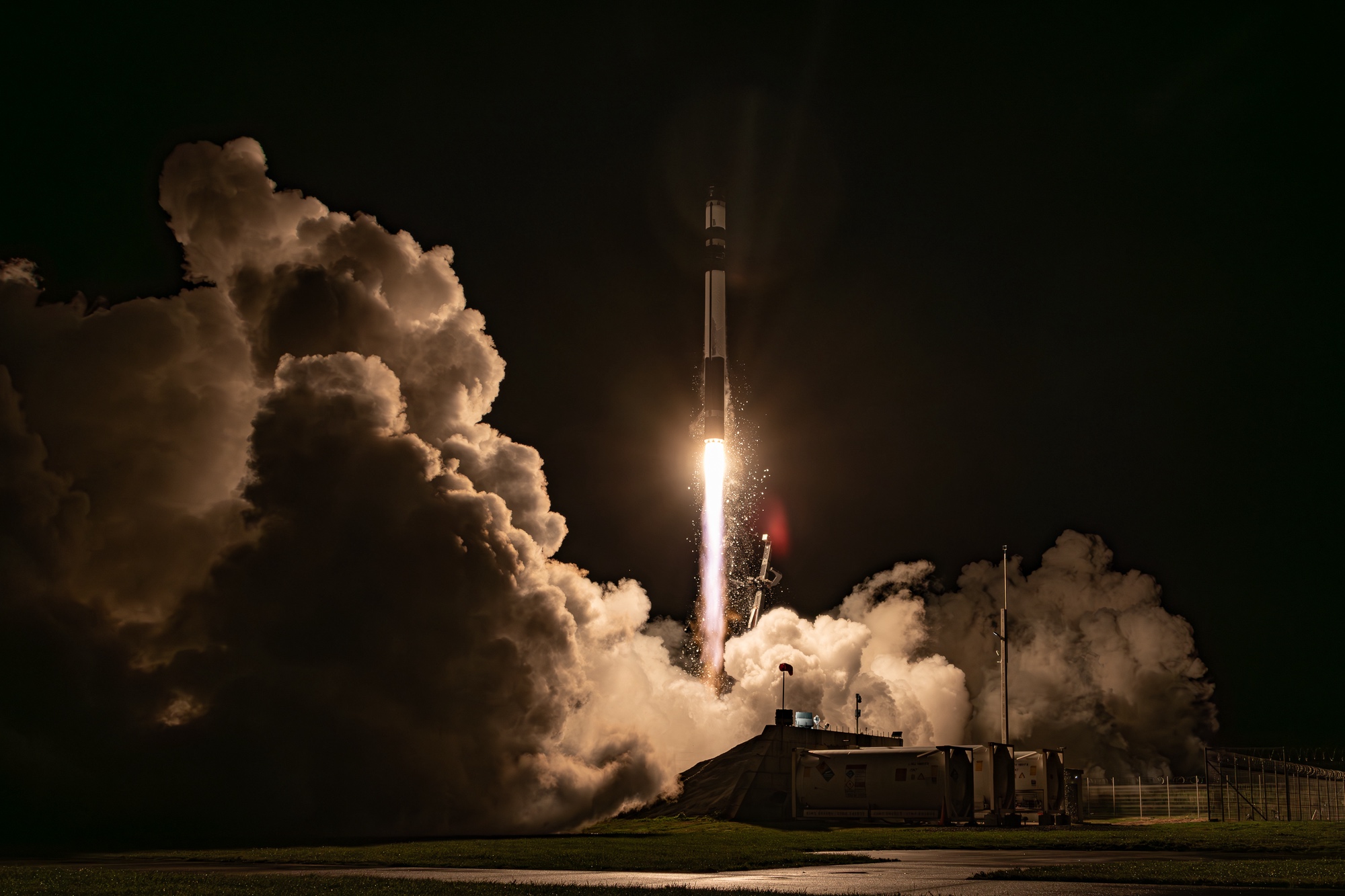Rocket Lab launches first Kinéis satellites on 50th Electron
Top Stories Tamfitronics

WASHINGTON — Rocket Lab successfully launched the first set of satellites for a French startup June 20 on the 50th flight of its Electron rocket.
The Electron lifted off from Rocket Lab’s Launch Complex 1 in New Zealand at 2:13 p.m. Eastern, carrying five Internet of Things (IoT) satellites for French company Kinéis. Those satellites were deployed from the Electron’s kick stage about an hour later into orbits at an altitude 635 kilometers and inclination of 98 degrees.
The launch is the first of five Rocket Lab will perform for Kinéis under a contract announced in September 2021. Each launch will place five satellites weighing 28 kilograms each into orbit to build out a constellation to provide IoT services.
Alexandre Tisserant, chairman and chief executive of Kinéis, said in a statement that the launch went well and that spacecraft controllers were now working to adjust the orbits of the five spacecraft. “These first five satellites in the constellation mark the start of the IoT revolution driven by Kinéis connectivity and offer the prospect of full commercial services,” he said.
The companies have not announced the schedule of the other four launches in the contract, other than a comment by Tisserant that the second launch was planned for “later this year.”
For Rocket Lab, the launch was the 50th flight of Electron since its introduction in May 2017. Electron has emerged as the leading commercial small launch vehicle in Western markets, particularly as competitors suffered technical or financial setbacks ranging from launch failures to bankruptcies, as well as competition from larger rockets offering rideshare services.
“When Electron lifted off the pad for the first time in 2017, we knew we’d unlocked a new era in spaceflight, one where small satellites got to call the shots for the first time with frequent, tailored and reliable access to orbit. Fifty launches later Electron is the most successful commercial small rocket globally,” Peter Beck, chief executive of Rocket Lab, said in a statement.
Rocket Lab boasted that Electron reached the milestone of 50 launches faster than any other commercially developed rocket, at seven years and one month. SpaceX’s Falcon 9 made its 50th launch in March 2018, seven years and nine months after its debut.
The 50 Electron launches includes one flight of a suborbital variant called HASTE in 2023. It also includes four launch failures, one on its inaugural launch because of a problem with ground software that triggered range safety systems and three on launches from 2020 to 2023 because of separate problems with the upper stage. Falcon 9 suffered one in-flight failure in its first 50 launches as well as the loss of another Falcon 9 in a pad test in 2016.
This launch was the eighth of this year for the Electron. Rocket Lab had previously projected performing 22 Electron launches, including two HASTE missions, in 2024, but in a May earnings call backed off of those projectionsciting customer delays. The company did not announce after the Kinéis launch the date or the customer of its next Electron mission.
Jeff Foust writes about space policy, commercial space, and related topics for SpaceNews.He earned a Ph.D. in planetary sciences from the Massachusetts Institute of Technology and a bachelor’s degree with honors in geophysics and planetary science…More by Jeff Foust
Discover more from Tamfis
Subscribe to get the latest posts sent to your email.


